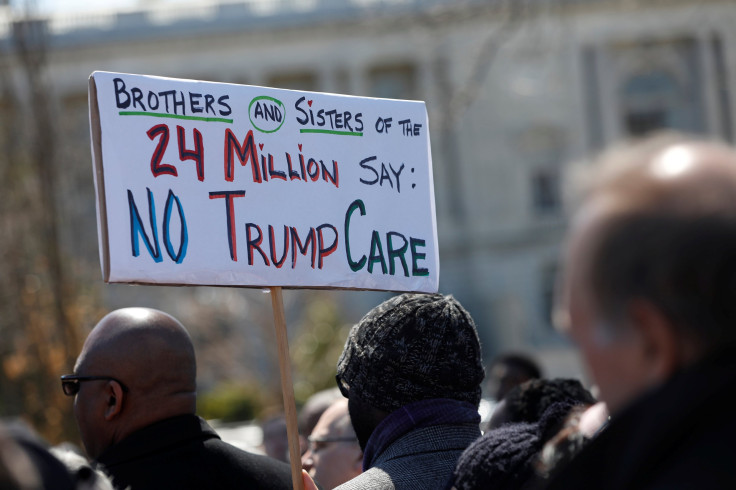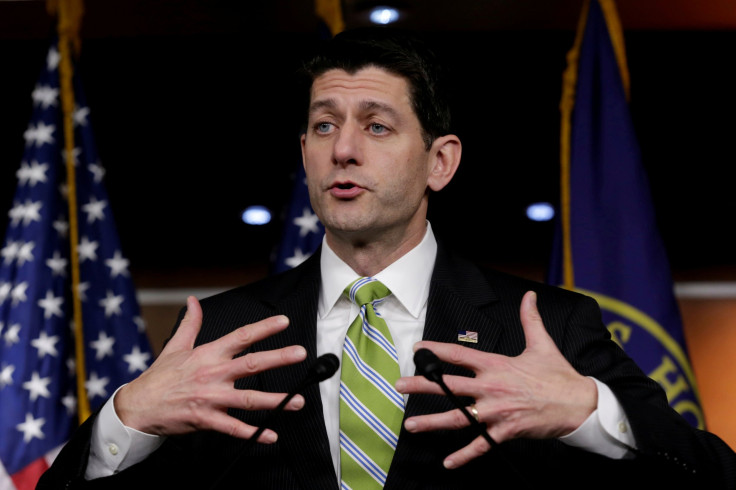What Happens If You Have Obamacare? Trumpcare Replacement Passes House

The House of Representatives passed Thursday the American Health Care Act, the Republican healthcare legislation set to replace Obamacare. The legislation narrowly eked out a victory in the House, passing by a vote of 217-213.
While the vote could have major implications for those enrolled in Obamacare, it still has to make its way to the Senate, where its passage remained uncertain. Republicans themselves had trouble agreeing on the replacement bill, while Democrats essentially eviscerated it, both matters that likely won’t change when it gets to the Senate.
Republicans only hold a 52 seat majority in the Senate. With Democrats united in their opposition to the American Health Care Act, it’s unclear whether the bill will ever actually become a law.
“This bill delivers on the promises that we have made to the American people,” House Speaker Paul Ryan said Thursday. “A lot of us have been waiting seven years to cast this vote… to rescue people from this collapsing law.”
The bill needed 216 votes to make it through the House and only passed as a result of 11th-hour flips from yes to no by a handful of Republican representatives.
“The Trump healthcare bill that passed today on a party-line vote is atrocious and must be defeated in the Senate,” Sen. Kirsten Gillibrand said in a statement Thursday. “Healthcare shouldn’t be about politics – it is about people – and this bill would harm people.”
Should the AHCA squeak through the Senate, it would not entirely repeal President Barack Obama’s landmark Affordable Care Act, but would alter it in fundamental ways. The AHCA, informally known as Trumpcare, would eliminate Obamacare’s tax credits as well as its Medicaid expansion in addition to getting rid of the provision that requires people to purchase insurance.
As for pre-existing conditions, arguably the most contentious portion of the legislation, Trumpcare contained a provision that would allow states to obtain a waiver for insurance companies to charge people with such conditions higher premiums. At the last minute Wednesday, amid a lack of unified support from Republican leaders, a provision was added to the bill that included an additional $8 billion to aid people with pre-existing conditions.
Insurance companies under the AHCA would have the ability to set prices to a degree that they did not under Obamacare, which set a limit for how much older people could be charged.
Trumpcare would keep the portion of Obamacare that allowed children to stay on their parents’ healthcare plan until the age of 26 and the mandate that required all insurance companies to offer 10 essential health benefits that include preventative services and maternity care. And despite alterations to the specific provision, no insurance company would be allowed to completely deny coverage to someone with a pre-existing condition.

© Copyright IBTimes 2025. All rights reserved.






















